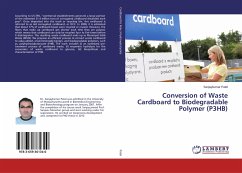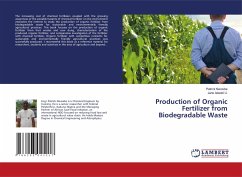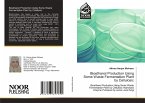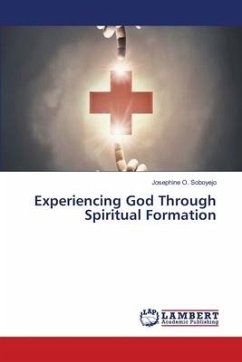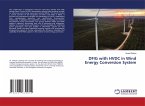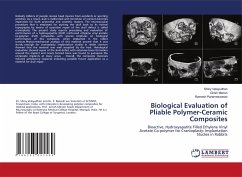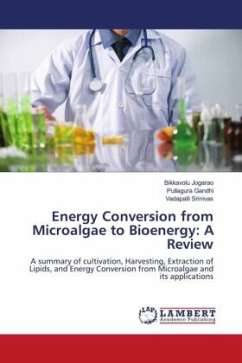According to US EPA, "commercial establishments generate a large portion of the estimated 31.4 million tons of corrugated cardboard discarded each year". Once deposited into the trash or recycling bin, this cardboard is referred to as old corrugated cardboard, or OCC. In 2008, it is estimated that about 77% of cardboard boxes were recycled or reused. However, the fibers that make up cardboard get shorter each time they are pulped, which means that cardboard can only be recycled four to five times before it disintegrates. The resulting waste cardboard ends up as Municipal Solid Waste (MSW). We propose an efficient process to convert waste cardboard to value-added, environmentally benign, and biodegradable polymers, such as, polyhydroxybutanoate (PHB). The work includes (i) an optimized pre-treatment process of cardboard waste, (ii) enzymatic hydrolysis for the conversion of waste cardboard to glucose, (iii) biosynthesis and characterization of PHB.
Bitte wählen Sie Ihr Anliegen aus.
Rechnungen
Retourenschein anfordern
Bestellstatus
Storno

